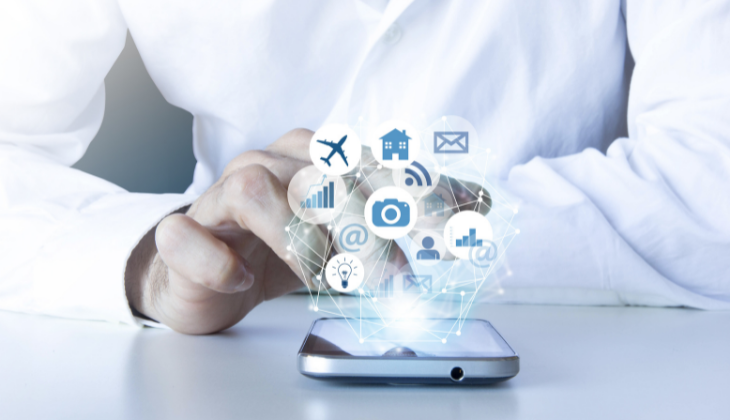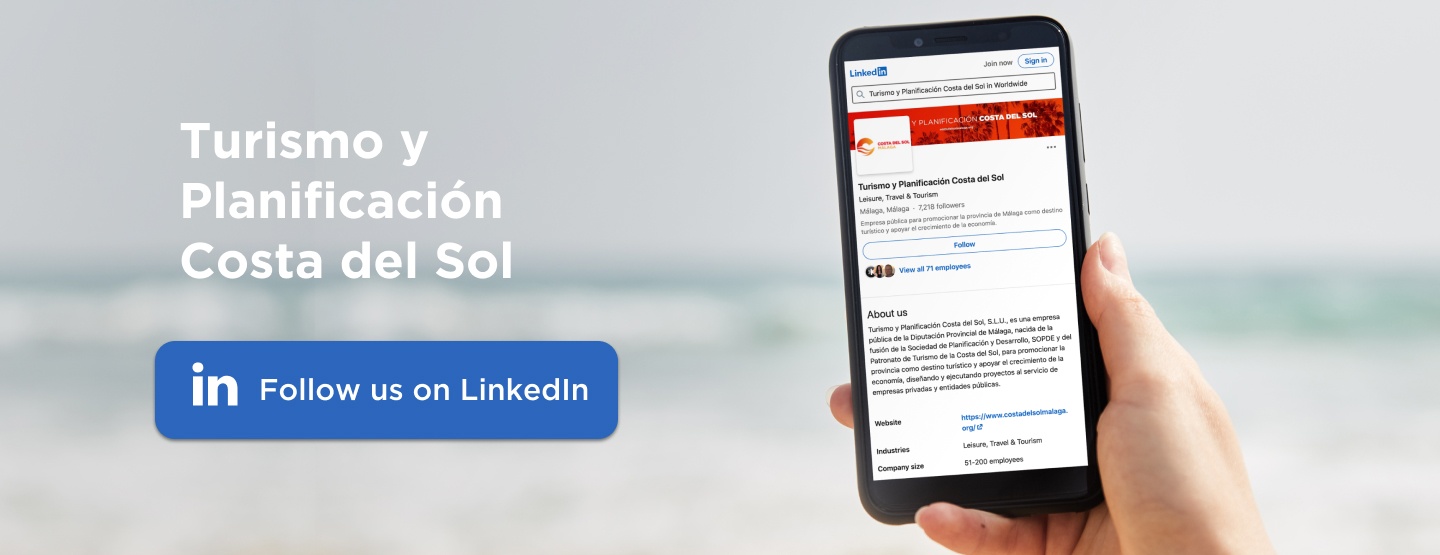The internet of things (IoT) describes daily objects that are connected to the internet, making them smarter, and thus our lives easier. Lights, thermostats, blinds, locks and electrodomestic items are just some of the objects that can be connected to the internet of things. Smartphones also play a key role in the IoT as it is through our mobile devices that we can control the objects. The internet of things has a diverse range of benefits for the tourist industry, particularly hospitality. In this post, we will discuss some of them.
Save money and optimise customer service
One of the main uses of the internet of things in the tourist industry is the simplification of costs. The data collected from the objects connected to the IoT can, for instance, help you see whether you have enough staff on the rota, reducing the likelihood of employees having too great a workload and consequently improving the quality of their work. It is also useful when it comes to distributing the staff budget and optimising customer service.
Improve customer experience
Hotel companies can offer guests an app connected to the IoT so that they can use their mobile to manage a number of things that they would traditionally do in their room or at the reception, such as booking a spa treatment, requesting breakfast in-room, reserving a table at the restaurant or establishing check-in times. An example of this is the app connected to the reward programme running at the Hilton hotel chain, Hilton Honors.
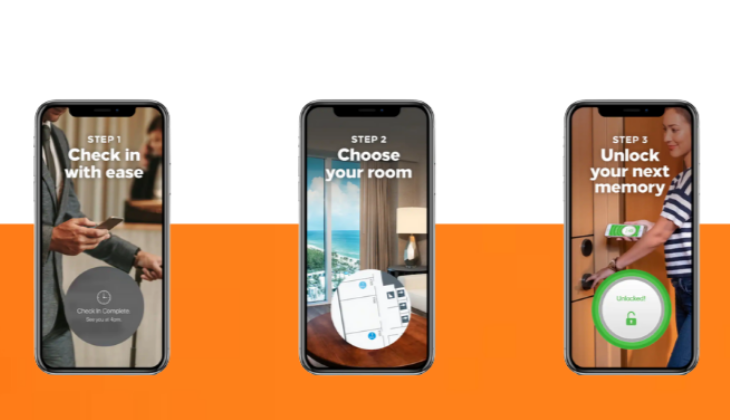 Fuente: Hilton Honors
Fuente: Hilton Honors
Improve energy efficiency
The internet of things can help tourist companies improve their energy efficiency and thus help tackle climate change. It can do so by monitoring and optimising the temperature of the air conditioning or heating, and regulating the use of electricity and energy in general.
Personalise customer experience
The internet of things can also create personalised customer experiences. It does so by empowering guests to control more services through a tablet or mobile app. But it also gives tourist companies the ability to store this data collected from the objects connected to the IoT. This, in turn, will enable you to create personalised marketing campaigns for specific customer profiles and remember user preferences. Big hotel chains, such as the Palladium Hotel Group, are already using the IoT in this way.
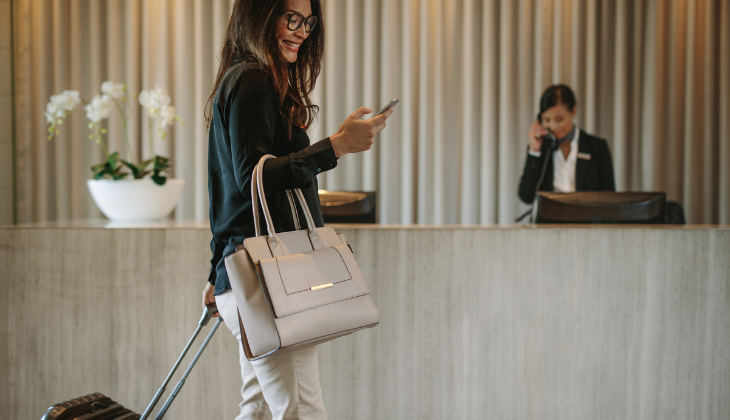
The internet of things in the restaurant sector
In the case of restaurants, the IoT has numerous benefits:
Optimise service
To make sure your diners aren’t waiting too long to be served, you can implement bluetooth devices that enable the customer to send the waiter a message when they are ready to order. Not only does this reduce waiting time, it also optimises the waiter’s work as they can avoid time speaking to customers who are not yet ready.
Menu on diners’ mobiles
The COVID-19 pandemic has seen the widespread introduction of QR codes linking to menus. And it seems that the change is here to stay as they represent progress in terms of hygiene and a reduction in costs as menus no longer need to be printed.
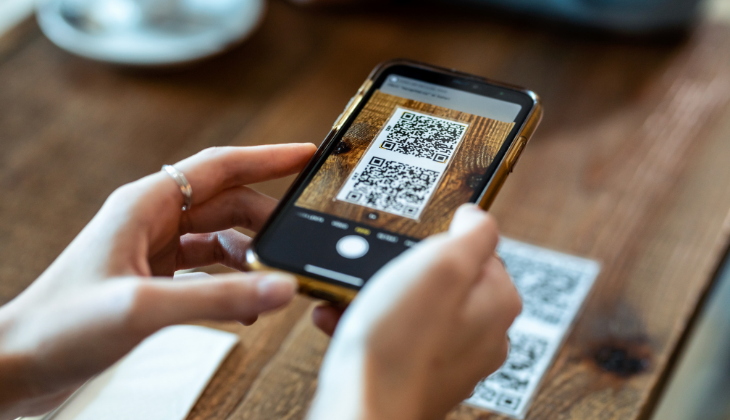
Smart electrodomestic items
Connected kitchen devices can be controlled remotely from a mobile device, making cooking faster, more efficient and less costly. The internet of things has countless benefits for the tourist industry. And the sector and technologies are evolving every day, meaning that there will be new benefits over the coming years. It is clear that these technologies are here to stay. It is up to companies to make the most of them to improve their competitiveness and their customer service.

